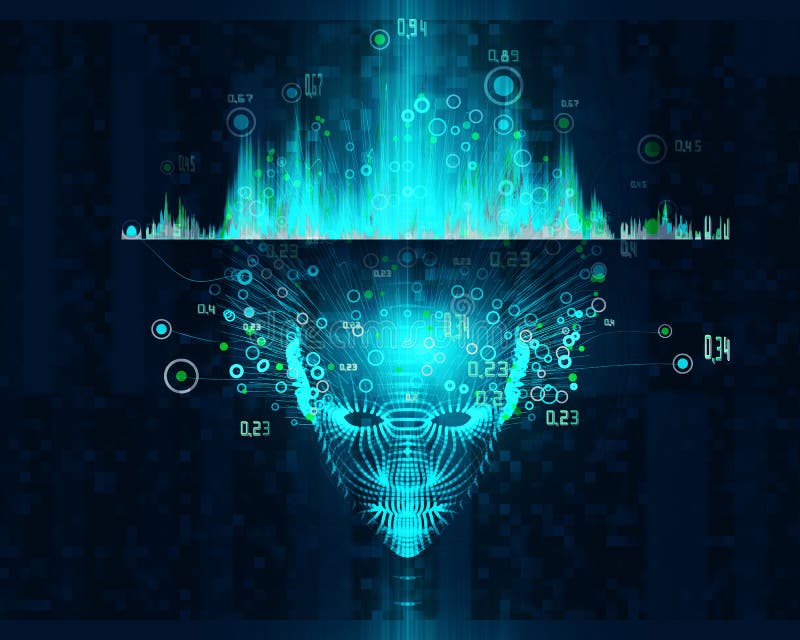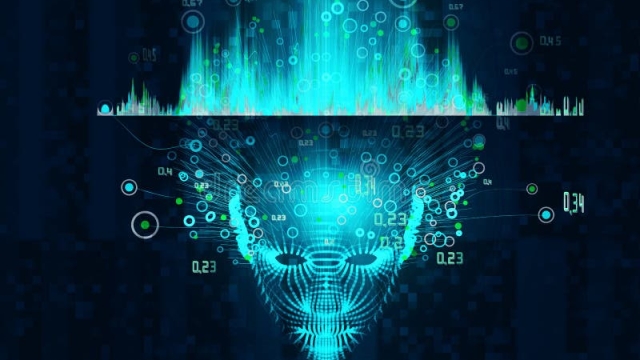
Artificial intelligence, often referred to as AI, has been a subject of fascination and curiosity for many years. This innovative field of technology aims to create intelligent machines that can simulate human cognitive functions such as learning, problem-solving, and decision-making. The rapid advancements in AI have sparked a wave of excitement and apprehension as we venture into the possibilities and implications of a future shaped by intelligent machines.
From chatbots that provide customer support to self-driving cars navigating our roads, AI has already begun to seep into various aspects of our daily lives. Its potential to revolutionize industries, enhance productivity, and even transform the way we interact with technology is both promising and daunting. As we delve deeper into the realm of artificial intelligence, we uncover a world of endless opportunities and challenges that urge us to rethink the nature of intelligence and the boundaries of human capability.
History of AI
In the quest to create machines that can mimic human intelligence, the concept of artificial intelligence (AI) dates back to ancient times. Greek myths featured automatons brought to life by the gods, setting the stage for centuries of fascination with creating intelligent machines.
Fast forward to the mid-20th century, where the groundwork for modern AI was laid. The term ‘artificial intelligence’ was coined in 1956 at the Dartmouth Conference, marking the birth of AI as a formal field of research. This era saw significant contributions from pioneers such as Alan Turing and John McCarthy, shaping the early development of AI.
The evolution of AI continued through milestones like the development of expert systems in the 1970s and the emergence of neural networks in the 1980s. Breakthroughs in machine learning and deep learning in recent years have propelled AI to new heights, revolutionizing industries and paving the way for a future where intelligent machines are integrated into everyday life.
Current Applications
Artificial intelligence is revolutionizing various industries with its innovative applications. In healthcare, AI is being used to analyze medical images for early disease detection, aiding physicians in providing timely and accurate diagnoses. Additionally, AI-powered virtual assistants are transforming customer service by efficiently handling inquiries and providing personalized responses.
In the field of finance, artificial intelligence is playing a crucial role in fraud detection and risk management. Banks and financial institutions are leveraging AI algorithms to analyze patterns in transactions and identify suspicious activities in real-time, ultimately enhancing security measures and protecting clients’ assets. Moreover, AI-driven chatbots are being implemented to streamline customer interactions and support services, improving overall user experience.
https://www.blab.com
The automotive industry is embracing artificial intelligence for the development of autonomous vehicles. AI-enabled technologies such as object recognition and predictive modeling are empowering self-driving cars to navigate through traffic, making roads safer and reducing accidents. Moreover, AI algorithms are continuously learning and adapting to different driving conditions, paving the way for a future where transportation is more efficient and sustainable.
Future Implications
In the coming years, artificial intelligence is poised to revolutionize nearly every aspect of our lives. From healthcare to transportation, the potential applications of AI are vast and transformative. One key implication is the enhanced efficiency and productivity that AI can bring to various industries, streamlining processes and enabling previously unfathomable advancements.
Another crucial aspect to consider is the ethical implications of AI adoption. As machines become more intelligent and autonomous, questions arise regarding the responsibility and decision-making processes involved. Ensuring that AI is developed and used in an ethical manner will be paramount to harnessing its full potential for the benefit of society.
Lastly, the future of work will undoubtedly be shaped by artificial intelligence. While fears of job displacement are valid, there is also the opportunity for AI to create new roles and industries that we have not yet imagined. Embracing AI in the workplace will require a reevaluation of skill sets and a shift towards lifelong learning to thrive in this rapidly evolving landscape.
